Anxiety is a natural response that occurs in our body to alert us to danger. It is the flight, fight or freeze response that comes from the most primal part of our brain which is geared for survival. Anxiety in itself, is not a bad thing. It is a necessary function. However, the anxiety that most people hear of today has a bad rap – This anxiety exists when legitimate thoughts, and feelings of dread, worry, and fear, last long after the ‘threat’ is gone. It can also be accompanied with unpleasant physical body sensations such as sweating, or rapid heart rate. This type of prolonged anxiety keeps our minds busy with intrusive thoughts and uneasiness.
In Freudian Theory, is described another type of anxiety called neurotic anxiety. That is when an intense emotional response is triggered when a repressed conflict is emerging into consciousness. Both external and internal anxious responses are linked to conflict. Being in a chronic state of anxiety, living in the fight, flight or freeze stress response, disables many other functions within our body and thus limits our ability to make choices, thereby creating a disconnect within ourselves.
It is interesting to note that the Greek word for anxious means to have the mind distracted. Looking further, the word distracted comes from the Latin word tractus — the root word being tract, which means to be pulled or dragged. Likewise, to attract means the drawing toward something, and distract means to pull away from something.
This idea of pulling you away, a dividing or separating really identifies how crippling anxiety can be – like losing a limb or mobility, you lack the ability to do the things your heart desires. Anxiety can steal your time and energy from everything else that is truly important and wastes it on meaningless things. Anxiety really becomes like a thief who robs us of the freedom of choice, of participating in activities, of engaging with people and of our peace of mind. It pulls us away from who we are, of who we want to be.
The idea of conflict being a source of anxiety could lead one to examine what exactly is the threat. This doesn’t always mean what we think. The threat could be not having enough food, clothing, shelter, or money. A threat need not be just physical but can also affect our emotional well being. We could become so consumed with such thoughts, it distracts us, which takes us away from enjoying anything.
So how can we protect ourselves from this “thief”? By being proactive – taking steps ahead of time in preparation. Just as we lock our house/car doors or have security systems in place, likewise, we need to take similar measures to protect our physical and emotional safety. Whether that be carrying around something that comforts you – be it a quote, a picture, a safety plan or having a friend accompany you on an outing – figure out a practice of mindfulness or other exercise that works for you. Your way of protection may mean something as basic as finding a way to reliably take your medication or see a therapist.
As a proactive measure, a person would guard against leaving valuable things lying in open view in their car – to do so would entice a thief. In the same way we can invite the thief of well-being into our minds through our lack of self-care and by isolating ourselves from others.
If you suffer from anxiety, what are your disquieting thoughts telling you? What proactive measures can you take to deter the thief?
Warm Regards,
Oriana
xo
Keep healing, keep growing, keep finding your truth.
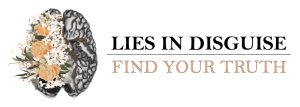

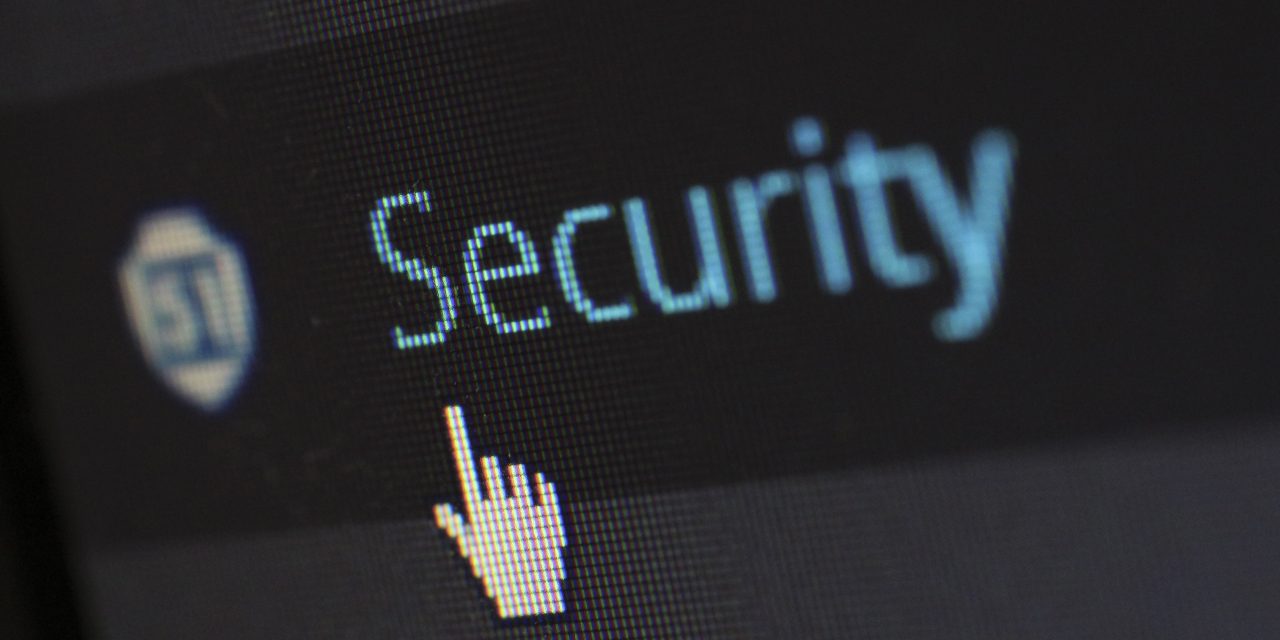

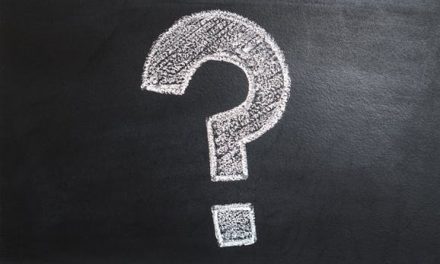

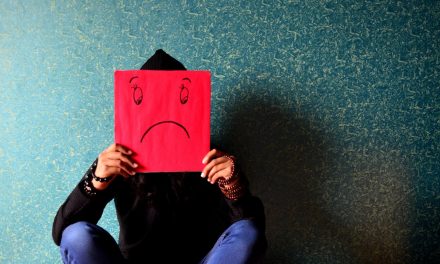

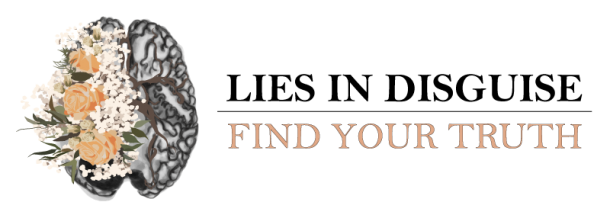
Recent Comments